The “Four C’s of Credit” are a framework used by lenders to evaluate the creditworthiness of potential borrowers. These factors play a crucial role in determining whether you qualify for a mortgage or other types of loans. Here is a breakdown of each C and how they influence lenders’ decisions
1. Capacity:
Capacity refers to your ability to repay the loan. Lenders assess your capacity by evaluating your income and employment history. They want to ensure that you have a stable and sufficient income to make regular mortgage payments. They may request pay stubs, tax returns, and employment verification to verify your income stability.
Lenders also calculate your debt-to-income ratio (DTI), which compares your monthly debt payments to your gross monthly income. A lower DTI ratio (typically below 43% for most loans) indicates that you have enough income to comfortably manage additional mortgage payments.
2. Creditworthiness:
Creditworthiness is a measure of your reliability in repaying debts based on your credit history. Lenders assess your creditworthiness primarily through your credit score and credit report. Your credit score, such as your FICO score, summarizes your credit risk based on factors like your payment history, credit utilization, length of credit history, types of credit accounts, and recent inquiries.
A higher credit score demonstrates a strong history of responsible credit management, making you a lower risk for lenders. This can result in more favorable loan terms, such as lower interest rates and higher borrowing limits. Conversely, a lower credit score may lead to higher interest rates or difficulty qualifying for a mortgage.
3. Collateral:
Collateral refers to the property or asset that secures the loan. In the context of a mortgage, the collateral is typically the home you intend to purchase. Lenders evaluate the property’s value and condition to determine its suitability as collateral.
An appraisal is often conducted to assess the fair market value of the property. Lenders want to ensure that the property’s value is sufficient to cover the loan amount in case of default. The loan-to-value ratio (LTV), which compares the loan amount to the property’s appraised value, helps lenders determine the level of risk associated with the loan.
A large open concept main living area with wood floors
4. Capital:
Capital refers to the financial resources you have available to cover the down payment, closing costs, and reserves after the purchase of the property. Having adequate capital demonstrates your financial stability and ability to manage unexpected expenses.
Lenders may require a down payment as a percentage of the home’s purchase price. The size of the down payment can influence the terms of the loan, including interest rates and the need for private mortgage insurance (PMI) if the down payment is less than 20%.
Additionally, lenders may consider your reserves or savings as an indication of your ability to handle financial emergencies and ongoing mortgage payments. Having reserves can strengthen your mortgage application and improve your overall financial profile.
Qualifying for a Mortgage:
To qualify for a mortgage, lenders weigh these Four C’s of Credit to assess your overall risk as a borrower. They evaluate your capacity to repay based on your income and debt obligations, your creditworthiness reflected in your credit score and history, the collateral value and condition of the property, and your capital in terms of down payment and financial reserves.
It’s essential to prepare by maintaining a stable income, managing your credit responsibly to maintain a good credit score, saving for a sufficient down payment and closing costs, and ensuring the property you’re purchasing meets lender requirements for collateral. By understanding and optimizing these factors, you can improve your chances of qualifying for a mortgage and securing favorable loan terms.
